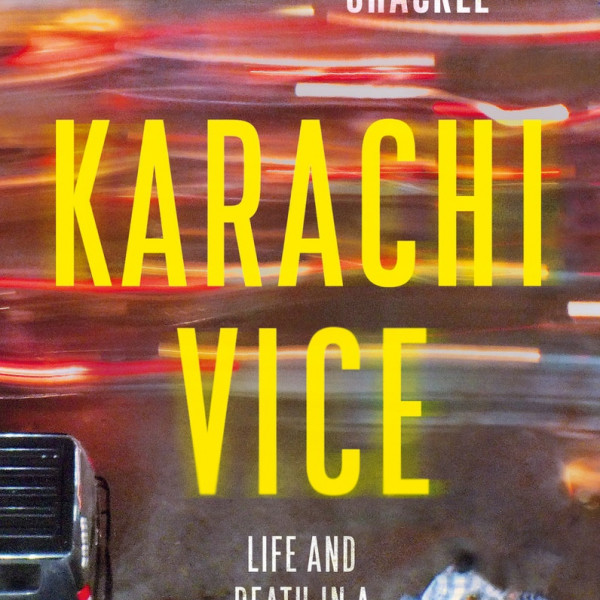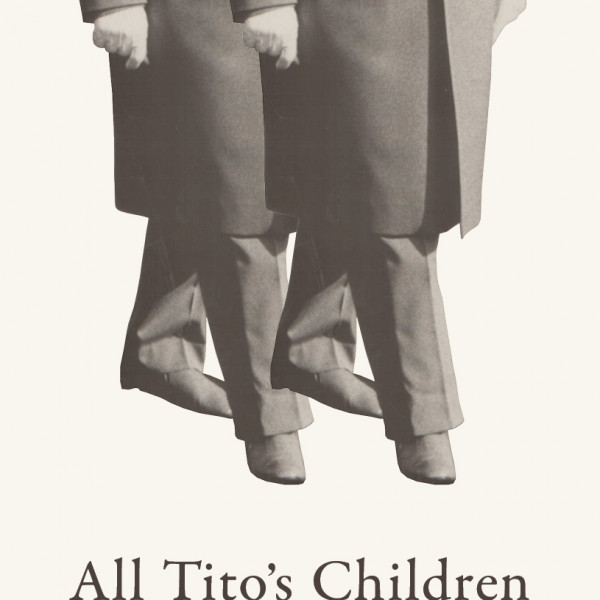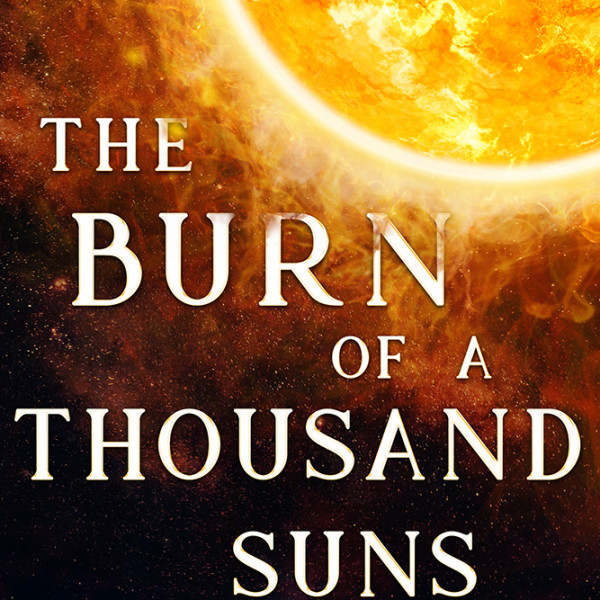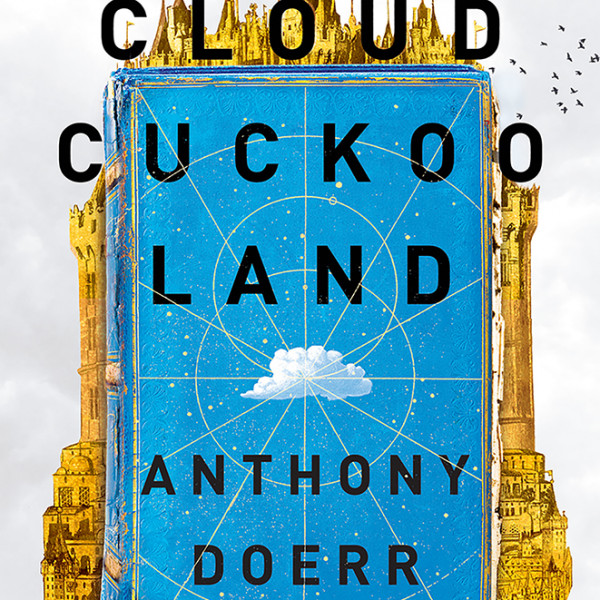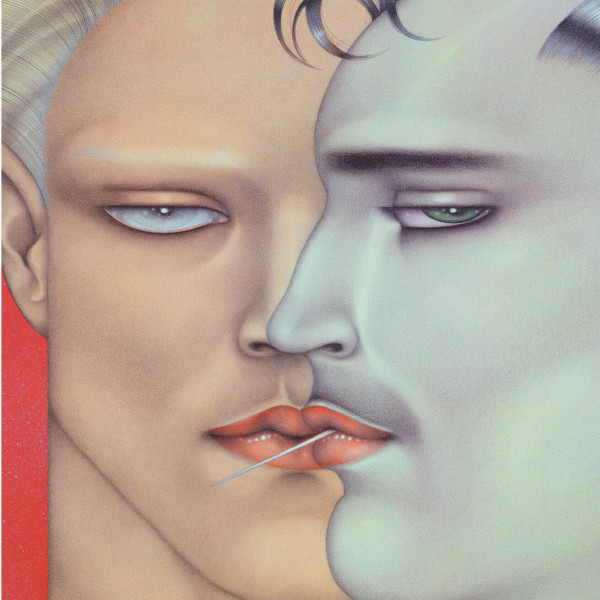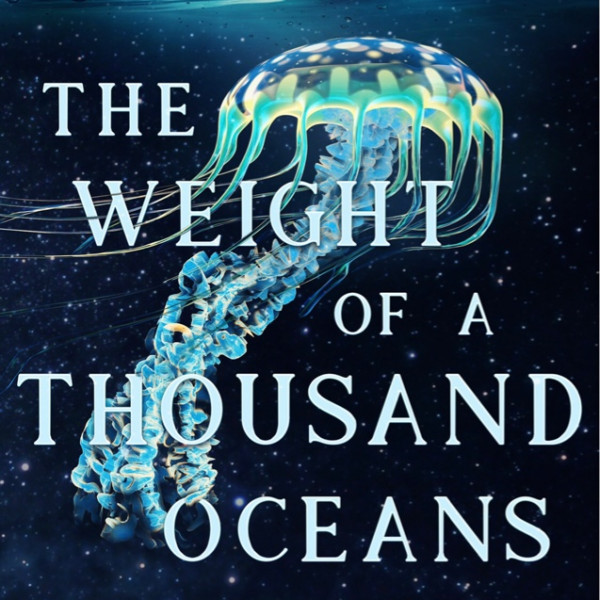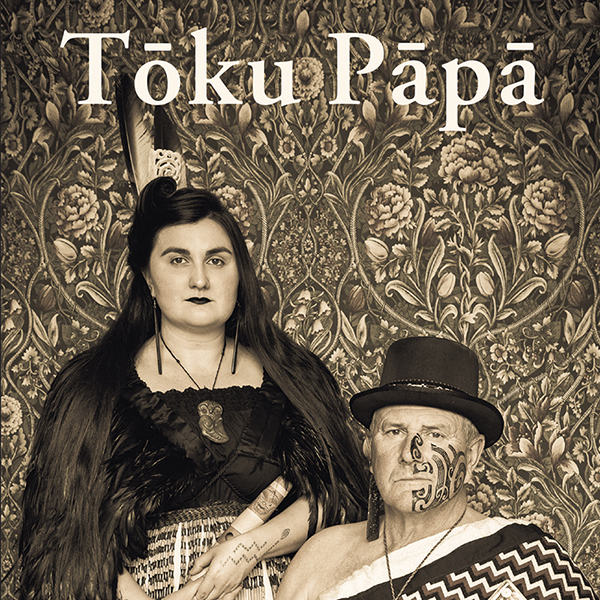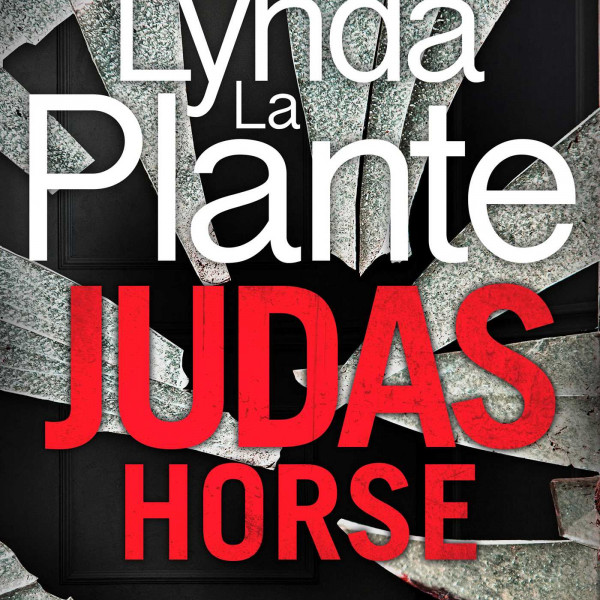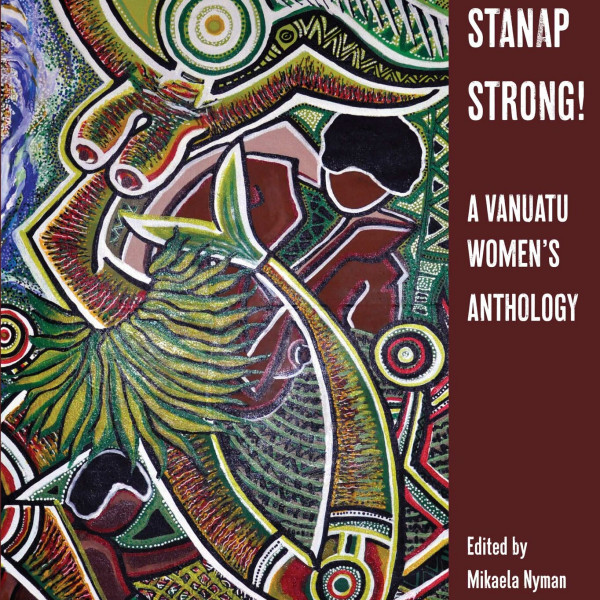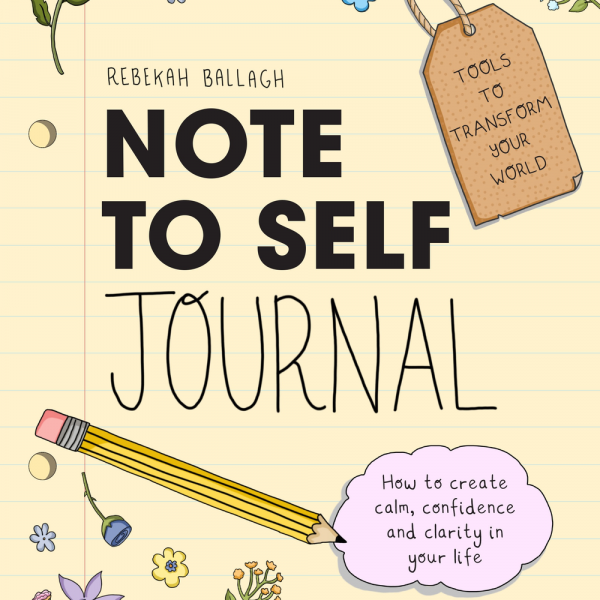
Note to Self Journal: Tools to Transform Your World
Written by: Rebekah Ballagh
Allen & Unwin
Reviewed by: Alessia Belsito-Riera
There comes a time in your day, in your week, in your year, or in your life in which everything gets a bit harder, a bit less manageable, a bit tougher to face. These moments are inevitable, and they serve a purpose, especially if dealt with knowledgeably and productively. Rebekah Ballagh’s Note to Self Journal: Tools to Transform Your World is for those more difficult moments and can help you turn negative or unproductive habits and thoughts into positive ones by retraining your mindset and providing useful tools to overcome the rough patches.
Through various exercises, affirmations, and prompts, Ballagh creates an engaging, dynamic, and interactive system in Note to Self Journal that shifts your perspective towards balance and acceptance. The journal contains the building blocks to overcome stress, anxiety, insecurity, and self-doubt by offering concrete solutions such as breathing exercises, writing prompts, wellbeing trackers, and scientific explanations for our emotional reactions. The journal guides you down a path of self-acceptance by reinterpreting concrete ways to approach an often-abstract problem. Ballagh confronts the problem head on to find a way to fix it; as long as you’re willing to put in some time, dedication, and mindfulness.
Note to Self Journal is framed by tender and colourful illustrations and characters, adding a layer of exceptional aestheticism. With these guides and companions along for your journey, just flipping through the pages brightens your day and motivates you to become your best self.
Ballagh proposes ways in which to “respond rather than react,” encouraging us to be gentle, understanding, and forgiving with ourselves. The journal prompts us to practice the same compassion we would with others towards ourselves, and reminds us that we not only “deserve to be here and take up space”, but also that “[our] voice and [our] needs matter.” Note to Self Journal is calming, it is forgiving, and it provides a safe space for anyone who needs a moment of self-care or encouragement, because as Ballagh reminds us: “[we are] worthy of a beautiful life.”


